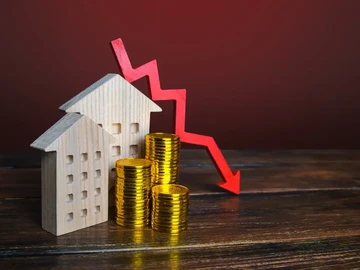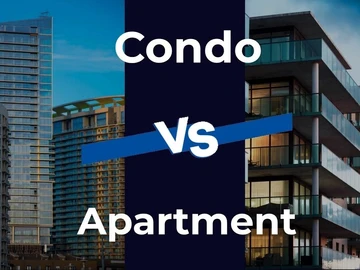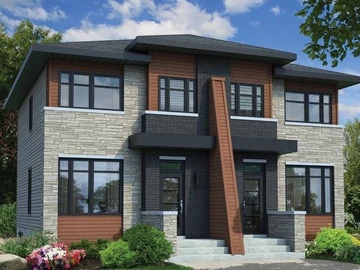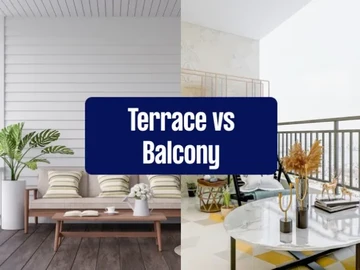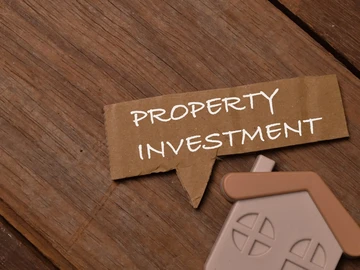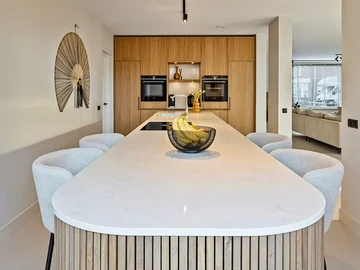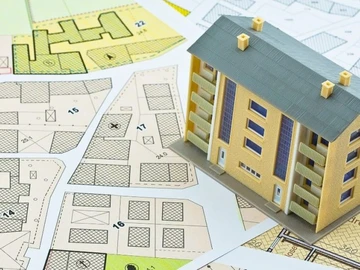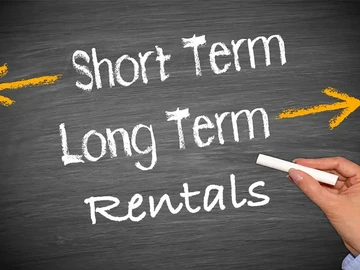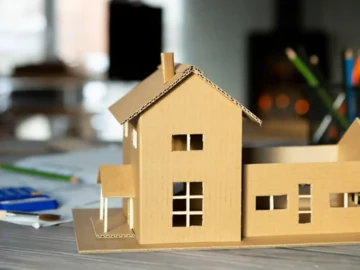1. Understanding the Zimbabwean Housing Market
- Average prices: As of early 2025, the national average price for houses is around US $128,000, with 3-bedroom homes averaging US $135,000 and 4-bedroom homes US $150,000. Harare’s average stands much higher at US $230,000, compared to Mashonaland West (~US $122,500) .
- High-end suburbs: Borrowdale averages nearly US $860,000, with per‑sqm costs over US $470.
- Affordable options: Properties under US $20,000 are still on offer in high-density zones like Cowdray Park, Chitungwiza, Epworth, and Nkulumane.
2. Market Trends & Buyer Preferences in 2025
- Suburban growth: Demand has shifted towards suburbs like Madokero, Sunway City, and Mabvazuva for better infrastructure and value.
- Digital buyer trends: Over 2.6 million search impressions and 284,000 clicks on property.co.zw in the past 3 months highlight the increasing role of online research. Buyers now expect quality photos, virtual tours, and detailed property information.
- Cluster and gated living: Cluster homes (US $85,000–150,000) are gaining traction for affordability, security, and shared services.
- Sustainability features: Solar power, rainwater harvesting, and eco-friendly fittings are no longer extras they’re expected
3. Key Factors & Costs to Consider
Supply vs Demand
- Zimbabwe faces a housing backlog of over 1.2 million units, and urbanisation is at ~39% (up from 33% in 2012).
- Buyer demand consistently exceeds supply, making it a seller’s market.
Inflation & Currency
- U.S. dollar inflation soared to 14.6% year-on-year in January 2025, largely driven by housing costs.
- The local ZiG currency remains unstable despite initial drops in inflation post-launch in April 2024.
Construction & Infrastructure
- Building costs range between US $80–150/m², with private buyers often footing infrastructure costs like boreholes, roads, and power.
- In emerging suburbs, essential services may be lacking expect to install private water, solar, and sanitation systems.
Financing
- Mortgage penetration is low: loans are short-term (3–5 years) with interest rates of 15–30%. Many rely on cash purchases, diaspora remittances, or small miners .
- Banks like CBZ and FBC offer USD mortgages at 15–17% but with high fees and uncertain currency regulation.
Legal & Regulatory Considerations
- Title deed backlogs can delay transfers by 4–12 weeks; legal disputes may take 3–5 years to resolve.
- Hidden costs: 20% capital gains tax, 4% transfer duty, developer levies, and municipal fees.
- Regulatory unpredictability: shifting land leases and sudden demolitions complicate planning.
4. Step-by-Step: Buying a Home in Zimbabwe
-
Set Your Budget: Consider purchase price, construction & infrastructure, taxes, legal fees, and future maintenance.
-
Location Strategy: Decide between upscale areas (Harare North), mid-range suburbs (Madokero, Mabvazuva), or affordable zones (Chitungwiza).
-
Prioritize Amenities: Opt for gated communities with security, solar systems, and boreholes. Virtual tours and clear listings are essential.
-
Secure Legal Title: Engage a trusted conveyancer; verify deeds and clearance to avoid disputes.
-
Financing Plan: Explore diaspora funds, cash purchases, and USD mortgages for buyers with foreign currency access.
-
Factor in Extras: Budget for taxes (~24% combined), developer levies, and infrastructure setup.
-
Conduct Due Diligence: Review zoning, developer reputation, past delays, and infrastructure commitments via local council.
-
Close Smartly: Negotiate price and payment terms; draft a clear offer letter; confirm timeframes for vacant possession.
-
Plan Your Move: Set up utilities, security systems, and service maintenance immediately post-purchase.
5. What’s Hot in 2025
- Cluster homes with gated security and shared services are a top choice
- Emerging suburbs like Madokero offer value with improving infrastructure.
- Sustainable homes those with solar, eco-design, and efficient services are commanding higher prices .
- Diaspora-driven demand fuels a strong USD-based property market, especially in turnkey investments.
6. Tips for Success
- Partner with experienced agents who understand financing, infrastructure, and legal pitfalls.
- Always inspect infrastructure plans don’t assume development will follow inexpensive land deals
- Lean into digital online research, virtual viewings, and clear listings set top agents apart.
- Think long term plan beyond purchase for taxes, HOA fees, and unpaid services.
Final Take
Zimbabwe’s property market remains seller-driven, with limited supply, rising prices, and cash-dominated transactions. Yet opportunities exist especially in cluster communities, emerging suburbs, and sustainable homes. With thorough planning, legal diligence, and trusted partners, buying a home in Zimbabwe is achievable and potentially rewarding.
Let me know if you'd like a downloadable checklist, suburb-specific guides, or help crafting calls-to-action tailored for property.co.zw readers!
 Continue with Facebook
Continue with Facebook
 Continue with Email
Continue with Email





